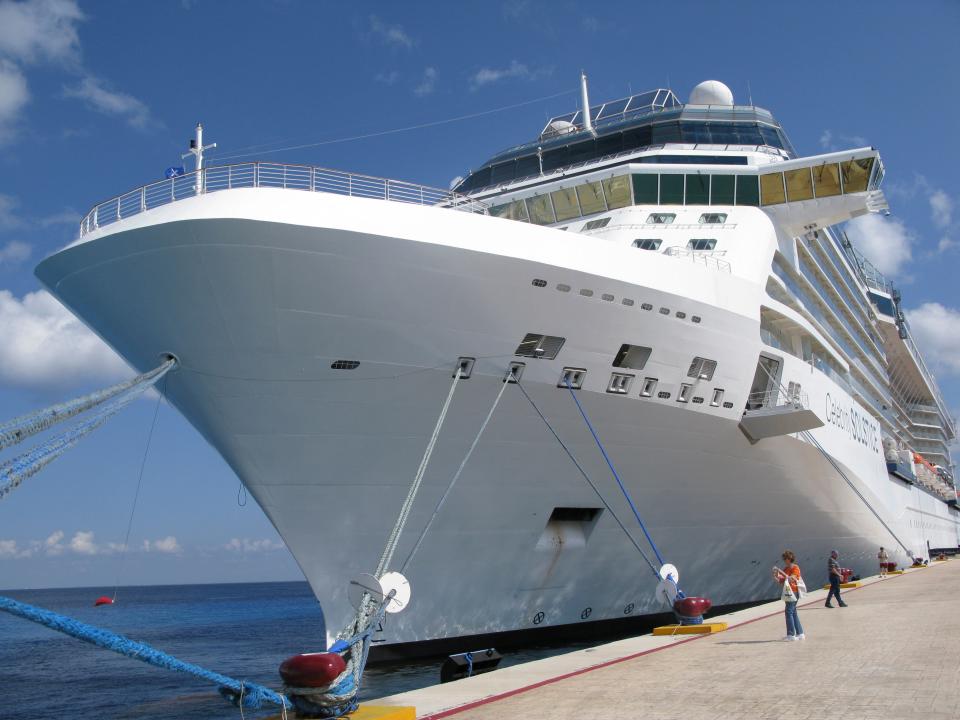Florida asks Supreme Court to block federal coronavirus restrictions for cruise ships
WASHINGTON – State officials in Florida asked the Supreme Court on Friday to lift federal restrictions that have been placed on the cruise industry to address COVID-19, bringing the long-running court battle over the requirements to the nation's highest court.
The Centers for Disease Control and Prevention halted cruises at the beginning of the coronavirus pandemic last year, and the agency has since laid out a four-phase framework allowing the ships to sail but under specific conditions, such as with social distancing, on-board COVID testing laboratories and more advanced ventilation systems.
A federal district court judge temporarily blocked enforcement of the CDC requirements last month, but the Atlanta-based U.S. Court of Appeals for the 11th Circuit sided with the agency last weekend, allowing the requirements to remain in place.
Florida attorneys told the Supreme Court in an emergency filing on Friday that the CDC's orders are "manifestly beyond its authority," arguing that while the agency has power to enact quarantine measures it does not have authority to "to remake the entire cruise-ship industry." Florida sued in April, citing the loss of "tens of millions of dollars" in tax revenue because of the "glacial pace of the CDC’s implementation of its own order."
More: Supreme Court permits federal eviction moratorium to remain in place
More: Taking a cruise from Florida? Appeals court blocks order lifting CDC rules
Florida Gov. Ron DeSantis, a Republican, presaged the appeal in a recent press conference. "Can you just have one agency and the government without Congress ever passing a law, just basically shutting down an industry?" he asked earlier this month.
The CDC declined to comment, citing the pending litigation. The agency has previously argued the rules are needed given the close quarters that passengers experience while aboard the ships.
In their appeal, Florida officials noted another recent case that involved the CDC's eviction moratorium, which was challenged by the Alabama Association of Realtors and other groups. The Supreme Court last month allowed the moratorium to remain in place, but signaled it was only doing so because the ban was about to run out on its own.

Associate Justice Brett Kavanaugh, in a concurring opinion, said he believed that the CDC exceeded its authority with the nationwide moratorium. But, he wrote, that is because the agency has signaled it will end the freeze "in only a few weeks" and because "those few weeks will allow for additional and more orderly distribution of the congressionally appropriated rental assistance funds" he would vote to keep it in place.
This article originally appeared on USA TODAY: Florida asks Supreme Court to block COVID restrictions for cruises

 Yahoo Movies
Yahoo Movies 
